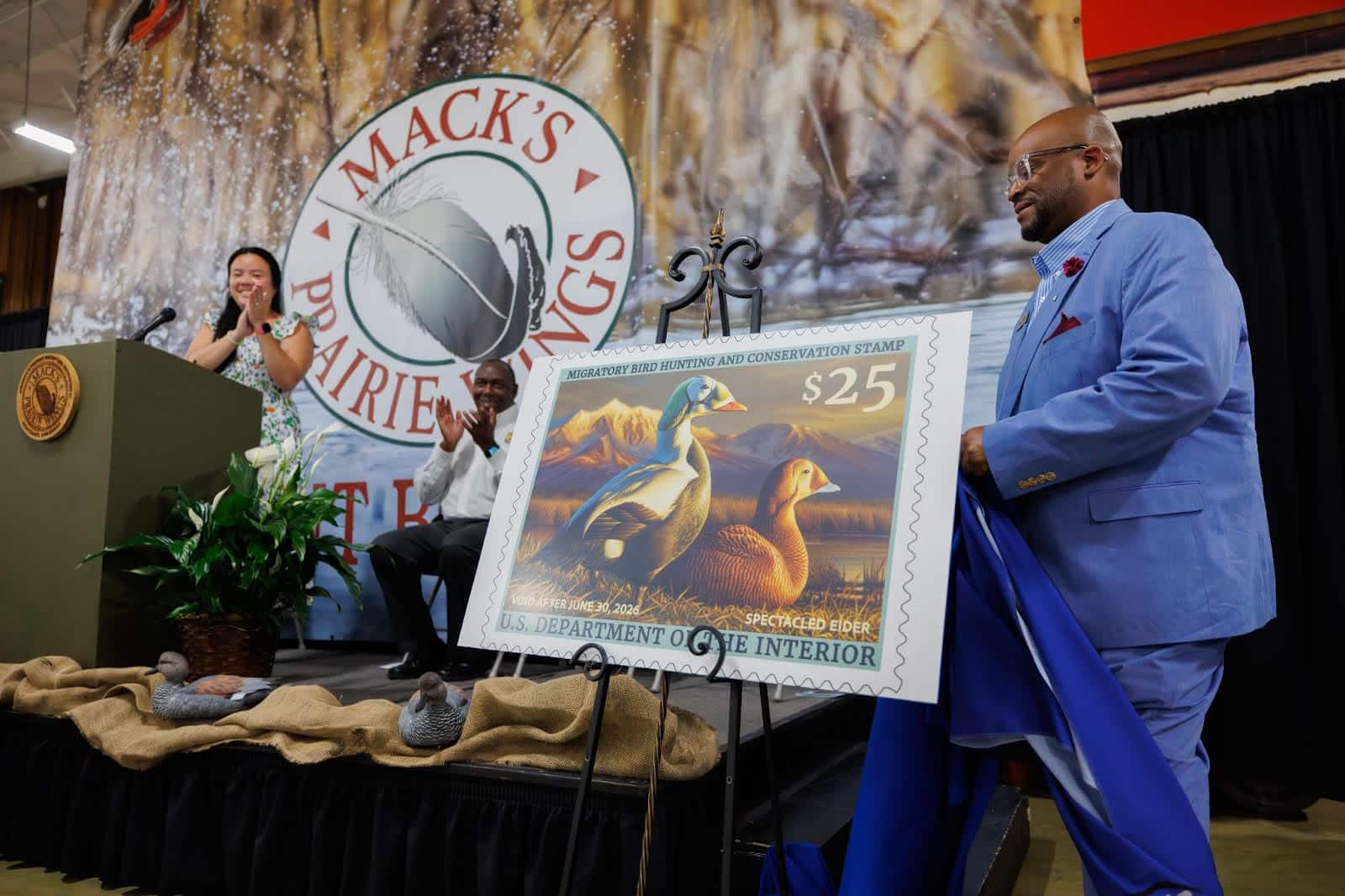Remote sensors record spring ‘gobbler talk’
ON 03-15-2024
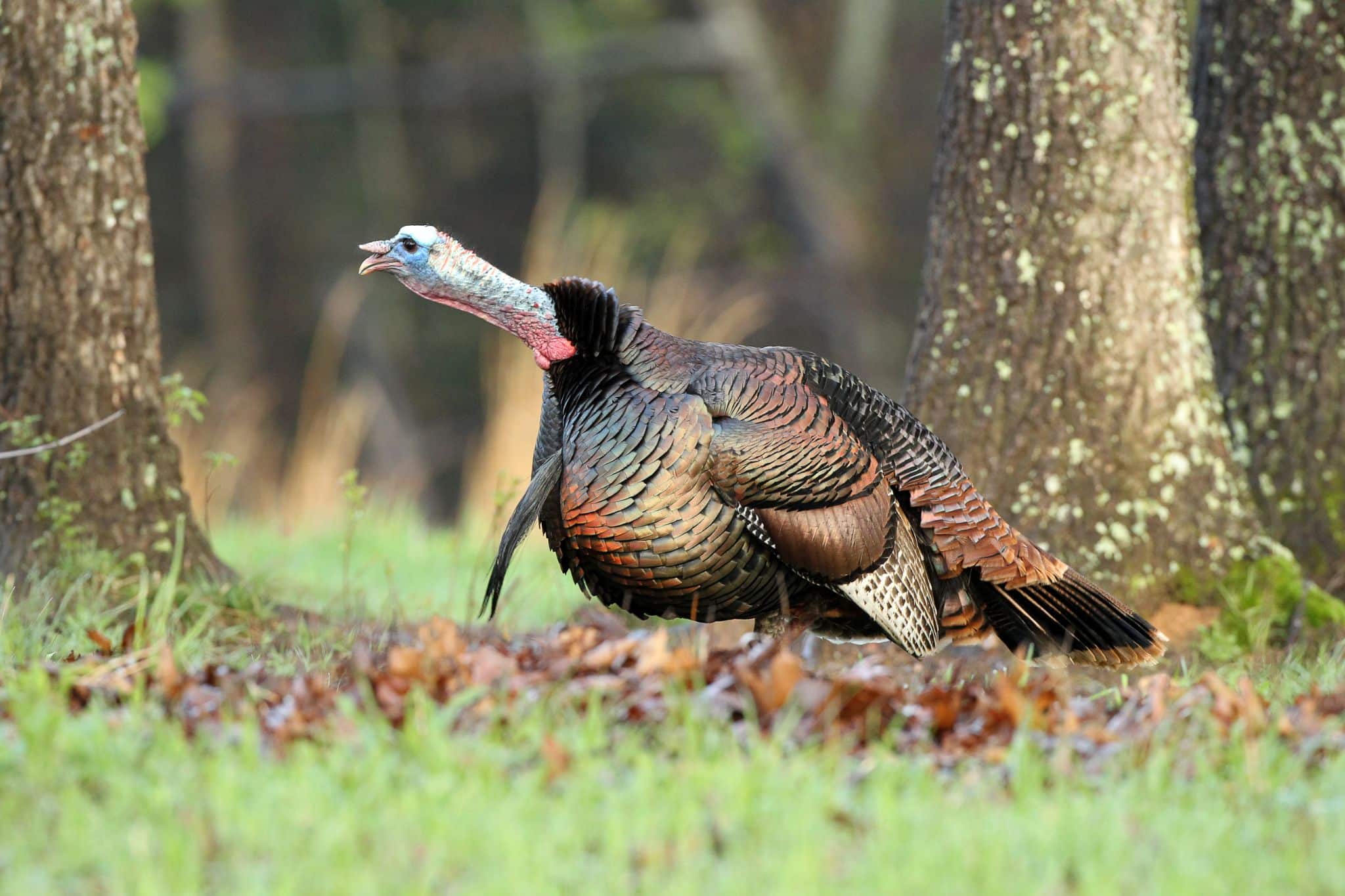
LITTLE ROCK — The Arkansas Game and Fish Commission is spying on a lot of “talking turkey” throughout the state, but they’re not eavesdropping on conversations at local coffee shops and gas pumps. The chatter they’re capturing is coming from male eastern wild turkeys making their presence known to hens before breeding season begins.
Each spring, male turkeys (gobblers) will call out with their namesake gobble to attract hens and show their dominance and suitability as a mate. Those gobbles don’t just attract hens; they’re also the trigger that gets thousands of turkey hunters fired up each spring to hike marathon distances through mountains and swamps in pursuit of their passion.
Just like males of most species, a few overeager individuals always arrive at the party a little early, and in the case of turkeys, those few birds are usually pretty vocal about their desire to get things moving. Birds are often heard gobbling well before the season, which prompts many calls from hunters worried that they’re going to miss the opportunity to hunt when most birds are sounding off.
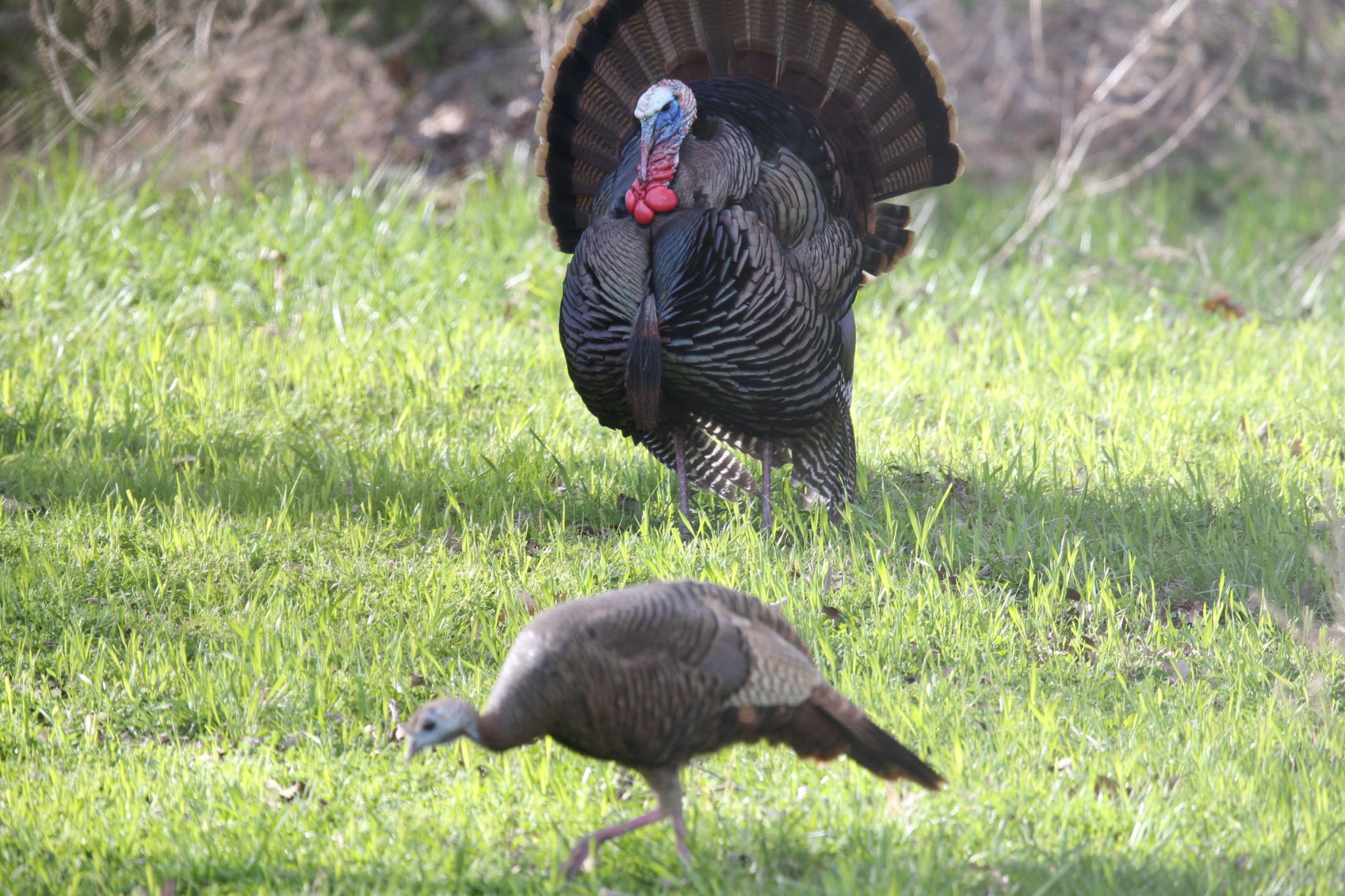
Allison Fowler, assistant chief of the AGFC’s Wildlife Management Division, says hunters shouldn’t worry about turkeys being “gobbled out” by the time the season rolls around, and a new study is focused on providing information on the timing of turkey gobbles throughout the state.
“Some turkeys will gobble in January,” Fowler said. “They’ll gobble just about year-round, but that doesn’t mean hens are ready to breed. What we’re looking at is scientifically gathered data on when gobbling increases, peaks and declines, as that correlates with peak breeding and nesting seasons,” Fowler said. “With these new recorders, we’re collecting data in an unbiased, scientific way to study the gobbling period and factors influencing it much more in-depth than in years past.”
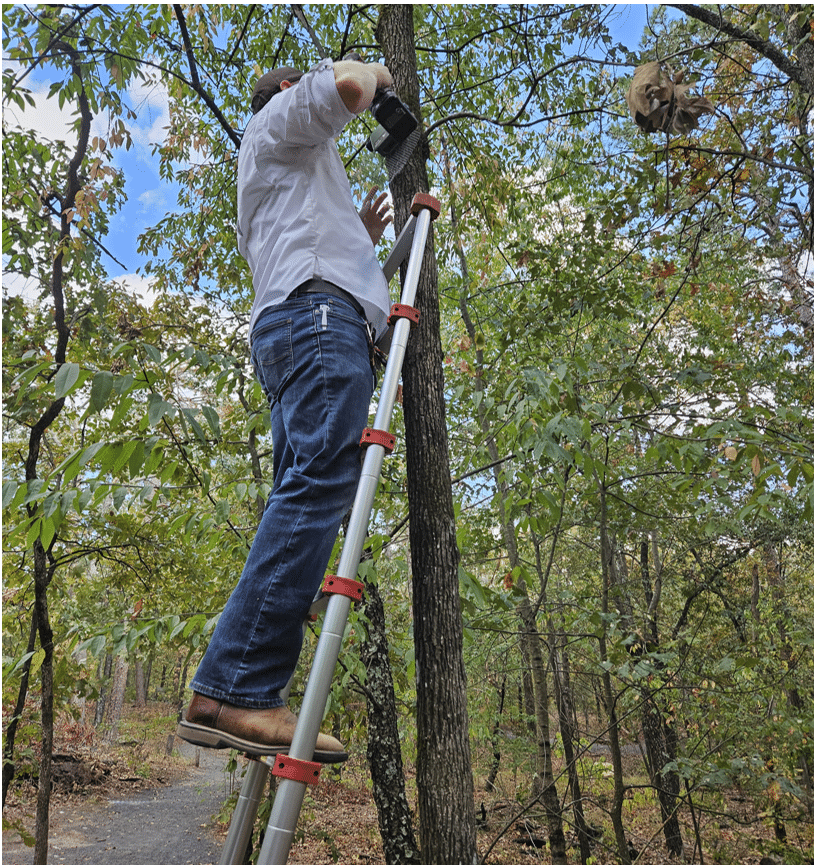
According to Fowler, roughly 200 remote listening devices are set up across the state to capture when and how often gobblers are sounding off. They’re distributed among public hunting areas in the Ozark, Ouachita, Delta and Gulf Coastal Plain ecoregions to gather information on habitat type and latitude’s effects on spring gobbling frequency. Hunting pressure’s effects on gobbling can also be teased out of the data. Areas selected for recording represent WMAs open to hunting throughout the season, limited through permit hunts, and even closed to turkey hunting.
“We know from previous gobbling surveys and hunter surveys that gobbling seems to drop off sharply as soon as hunters enter the woods and the birds feel the disturbance, but this study will remove any observer bias or anecdotal evidence and quantify that disturbance effect,” Fowler said. “Some of these areas may also see prescribed fire, so data on that disturbance and its effect on gobbling may be possible to monitor, too.”
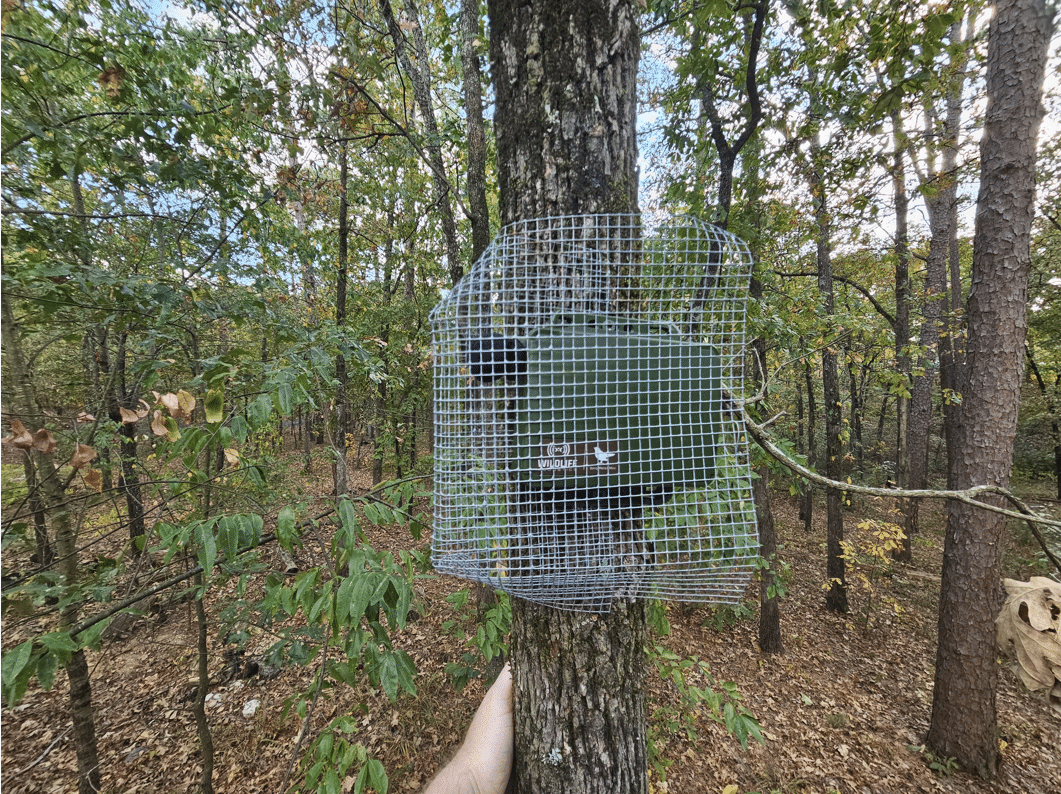
The units were placed in February and are set to record from March 1-May 15. Data collected from these units, along with data from the AGFC’s Annual Turkey Gobbler Hunting Survey and Annual Wild Turkey and Quail Population Survey, will help paint a more complete picture of turkey activities throughout the state to inform future habitat management and season structures.
####
CUTLINES
TURKEY GOBBLING
Male turkeys gobble to attract mates and display dominance. AGFC photo.
TWO TURKEYS
Each spring turkeys begin a courtship with one male tending to many hens. AGFC photo.
MAN ON LADDER
Previous AGFC Turkey Program coordinator Jeremy Wood installs a remote listening device to record gobbling activity at a wildlife management area. AGFC photo.
RECORDING DEVICE
Roughly 200 remote listening devices are spread throughout the state to collect data on gobbling activity from March 1-May 15. AGFC photo.
Recent News
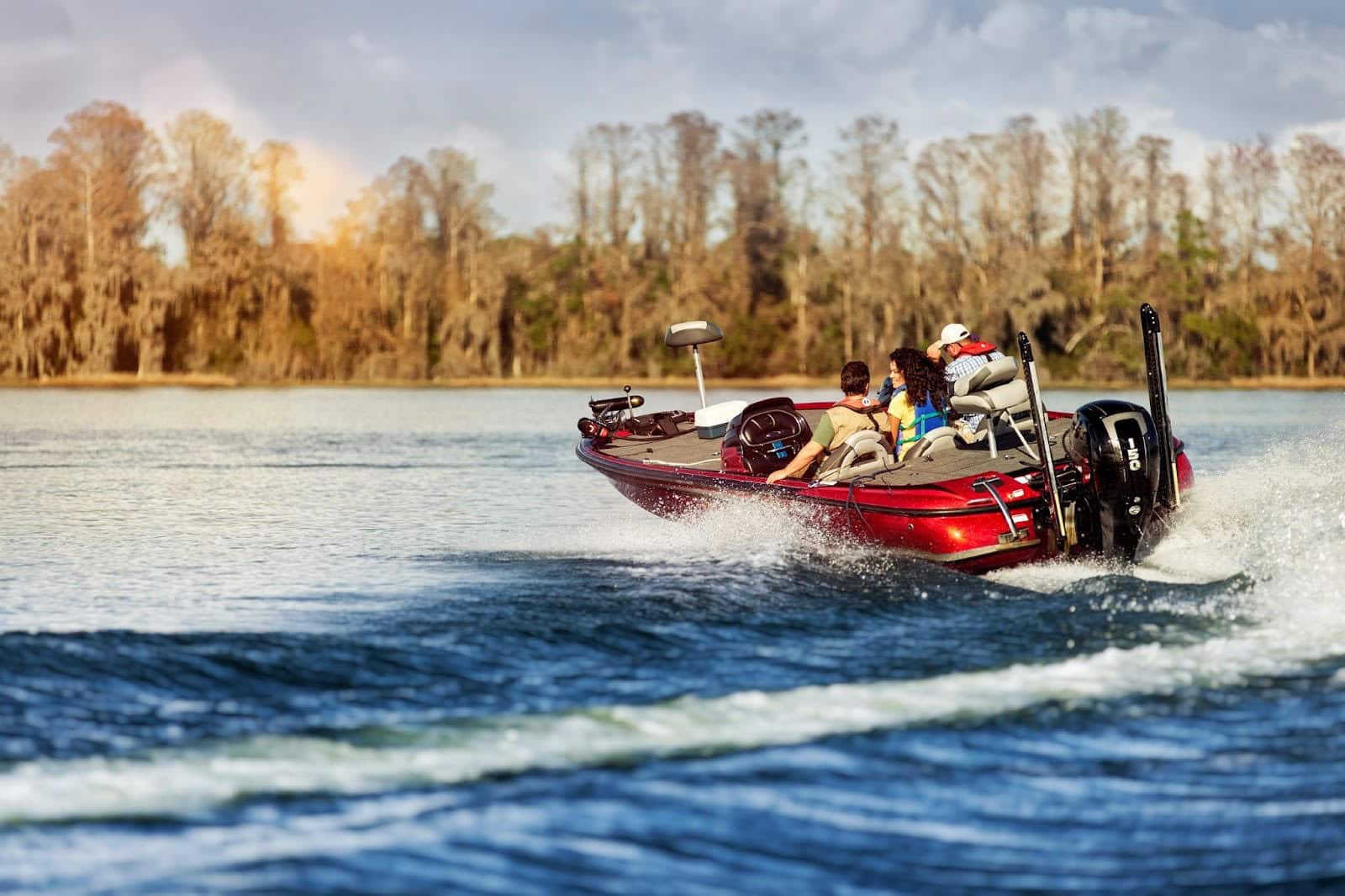
Watch your wake
Jul. 2, 2025
Subscribe to Our Weekly Newsletter E-mails
Don’t miss another issue. Sign up now to receive the AGFC Wildlife Weekly Newsletter in your mailbox every Wednesday afternoon (Waterfowl Reports are published weekly during waterfowl season and periodically outside the season). Fishing Reports arrive on Thursdays. Fill in the following fields and hit submit. Thanks, and welcome!

